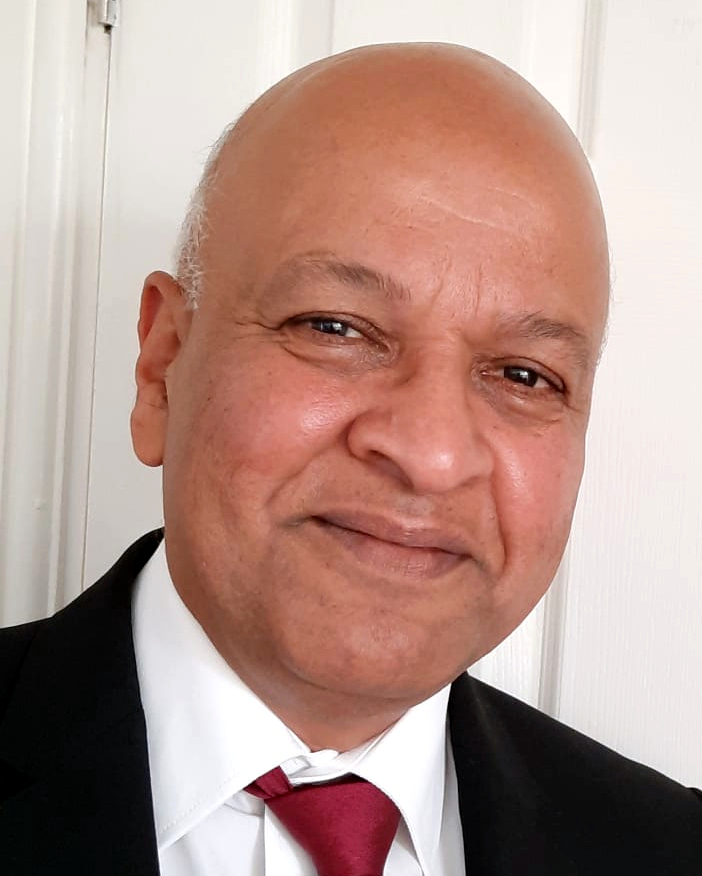GLOBAL GOANS SPEAK - 2
 [The writer is a socio-economic commentator based in the UK]
[The writer is a socio-economic commentator based in the UK]
LONDON
In the first part of my article, I highlighted two factors (‘Asian Invasion’ and ‘White British Classes’) leading to an explosive situation in Britain today. In this second part, I will cover three more, but more importantly suggest ways forward for Goans in Britain.
POPULATION GROWTH
Immigration has played a significant role in the growth of Britain’s population. In 1970, the population stood at 55.5m. Over a 50-year period, this jumped by 17.5% to 67.3m, annual arrivals initially starting off at a 100,000 and then climbing to well over 500,000.
The year 2022 saw a record net migration increase of 750,000. Meaning that while 500,000 people left, 1.2m people arrived into Britain, both legally and illegally. Britain’s population is now set to rise to 69.1m by 2024; an increase of 1.8m over a period of 4 years.
The numbers are clearly unsustainable and has impacted the NHS, nursery and school places, housing, the welfare system, etc. Against the low birth rate, this has contributed to the narrative that immigration is the cause of all woes in the country. And to a certain extent, this is true.
EU FREEDOM OF MOVEMENT ACT
The complex EU policy on Freedom of Movement played an important role during the Brexit debates.
In its previous form, workers within the EEC (European Economic Community) were given the right to work in different parts of the EEC. When the UK joined the EEC in 1973, many did not foresee the far-reaching implications that these policies would have after European Union was created.
Based on the sudden and rapid rise of EU citizens arriving into Britain – not only from mainland Europe, but also from ex-colonies of other European states (Portugal, Spain, Netherlands, etc.), EU immigration emerged as the key point debated by both Leavers and Remainers prior to the referendum
As an example, a million Poles arrived in Britain within a year of Poland joining the EU which had a lasting impact on the UK. Polish is now the second most widely spoken language in Britain.
Britain is now home to nationals from Brazil, Colombia, Somalia, Ethiopia and every other country in the world. This includes over 100,000 Portuguese Goans (or well over 200,000 if one includes family members and dependents).
It is with no doubt that the EU FOM Act has resulted is a huge rise in immigration over the last 30 years.
MULTICULTURALISM
Britain has come a long way since the mid-21st century where even till the early 70s, women held a lower work status to men with employment laws and social mobility skewed in favour of men.
With the arrival of Asians and Africans from the ex-colonies, some well-intended politicians began to promote multiculturalism as something good for Britain and to be embedded within society – it was, to them, a must have.
From the early 70s, and throughout the 80s, socialists began throwing money at celebrating diverse cultures and backgrounds, which, they argued, was good for society.
To them, there was a pressing need to show more tolerance and become a global role model of how Britain could lead the way into becoming a fine example of how a country could adopt multiculturalism, and thrive.
People, within their own bubbles, began to distance themselves from mainstream British life instead of integrating. Life “back home” was to be cherished and kept alive. Soon enough, that life began to be imposed on the rest of the population.
There was no obligation or encouragement for new arrivals to learn to read, write or speak English. Shockingly, there are people living in Britain who arrived decades ago who still cannot speak or understand the Lingua Franca. They are offered translators to access services paid for by taxpayers and where many local streets are spelt out in Bengali, besides English.
Religion has been no exception and has been given special privileges at work and in schools, with some mainstream schools even having to switch exclusively to vegetarian meals lest they offend somebody.
Where multiculturalism was meant to deliver a greater and better understanding of the various cultures, it has delivered segregation. Today, anything that is culturally British is mocked, discredited and reviled to the point that even flying the national flag is considered racist.
GOANS IN BRITAIN
To the indigenous population, the list of immigration-related issues is endless. The causes need to be addressed and by labelling legitimate concerns as Far-Right rhetoric or racism will solve nothing.
No one can dispute that immigration benefits a country. Fresh thinking, keen workforce, new trading opportunities and investments are catalysts for the growth of a thriving economy.
To take advantage of our newly adopted homeland and benefit from what Britain has to offer relies on us, as migrants, adopting a wider perspective of our host country. We need to be mindful of what we discuss around our dinner tables as these views are absorbed and repeated by our children and grandchildren.
Perhaps, the experiences of our predecessors could be considered; maintain our culture, but integrate as best as we can. To be treated with respect by our hosts, we have to first give them the same well-deserved respect.
So, is Britain a racist country and are the Brits racists? I will leave that to your unbiased, but hopefully now better informed, opinion. Rest assured, Britain is a wonderful nation and the Brits, are to me, amongst the best in the world. [Concluded]